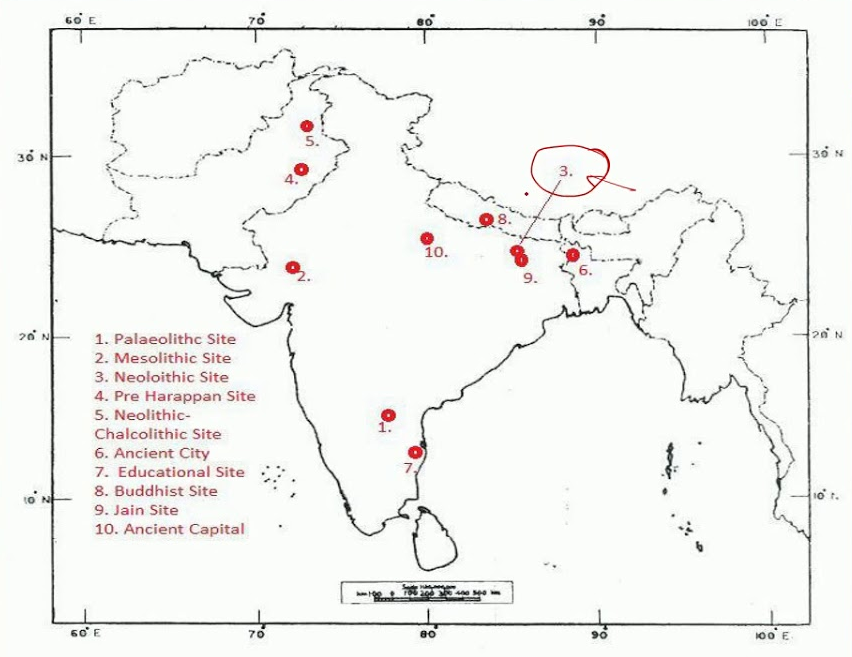(Getting Started) History Optional Strategy by AIR-51 Vikram Grewal
(Getting Started) History Optional Strategy by AIR-51 Vikram Grewal
Vikram Grewal is a topper in UPSC Civil Services Examination in the year 2018. He is one of the highest rank holders at an all-India rank of 51 as well as a very high scorer in the Essay paper which he claims is one of the larger contributors in his rank. He is a History graduate from St. Stephen’s College, Delhi, and naturally, he picked History as his optional. Vikram has his eyes set on UPSC from when he was a teenager in school. In 2018, his dream finally came true.
Why Choose History As Your Optional?
To begin with, the very first stage i.e., Prelims requires a detailed understanding of History. Mastery over History helps you score well in prelims. In mains, for General Studies Paper-I History is extremely important. For General Studies Paper-II, political thoughts are a part of your History optional. For General Studies Paper-II, Economic History finds relevance. For General Studies Paper-IV also uses thoughts, views, as well as examples frequently.
Similarly, it also helps you in your Essay paper. History gives you an objective frame of mind and helps you understand current events with the knowledge of their Historical causation.

What To Study For History Optional?
Paper-I
- D.N. Jha for a comprehensive understanding of the discipline.
- Upender Singh for facts for ancient India.
- Romila Thapar is very useful for map related questions.
- VK Jain for prehistory.
- Satish Chandra for medieval India as well as IGNOU notes.
- Irfan Habib for economic history and agrarian economy of the Mughal empire.
Study Notes for UPSC MAINS HISTORY Optional
Paper-II
- From Plassey To Partition by Sekhar Bandopadhyay.
- Bipin Chandra for Modern History – focus mostly on keywords.
- Concise History of Modern Europe by David Mason for World History.
- History channel documentaries are great to understand the domain of world history and are a good starting point.
- Wikipedia is a great source for the World War period.
How To Study History?

Study Map Thematically
According to Vikram, History is one of the easiest subjects to study because of the detailed syllabus which mentions all relevant topics one needs to cover. Start with the first topic/point and cover all subtopics. Cover sub-topics mentioned only. Do not go beyond what is mentioned in the syllabus. Follow the topics in the same chronology as mentioned. Take note of Historians and their different opinions and focus on the keywords while noting them. Consult previous years’ papers and you will see that UPSC never asks questions beyond the mentioned subtopics.
For the map section, pick up materials from any standard coaching center and practice according to the themes. Do not ignore maps as it is highly scoring, almost mathematical. Also, while reading a book take note of the sources mentioned. You can divide it accordingly and revise thematically.
Message To Aspirants
What worked for Vikram may not work for you. Modify his strategy according to your abilities and interests. History is indeed a great optional and with the right strategy, you too can score very well in it. All the best!
CLICK HERE TO DOWNLOAD UPSC TOPPERS NOTES


